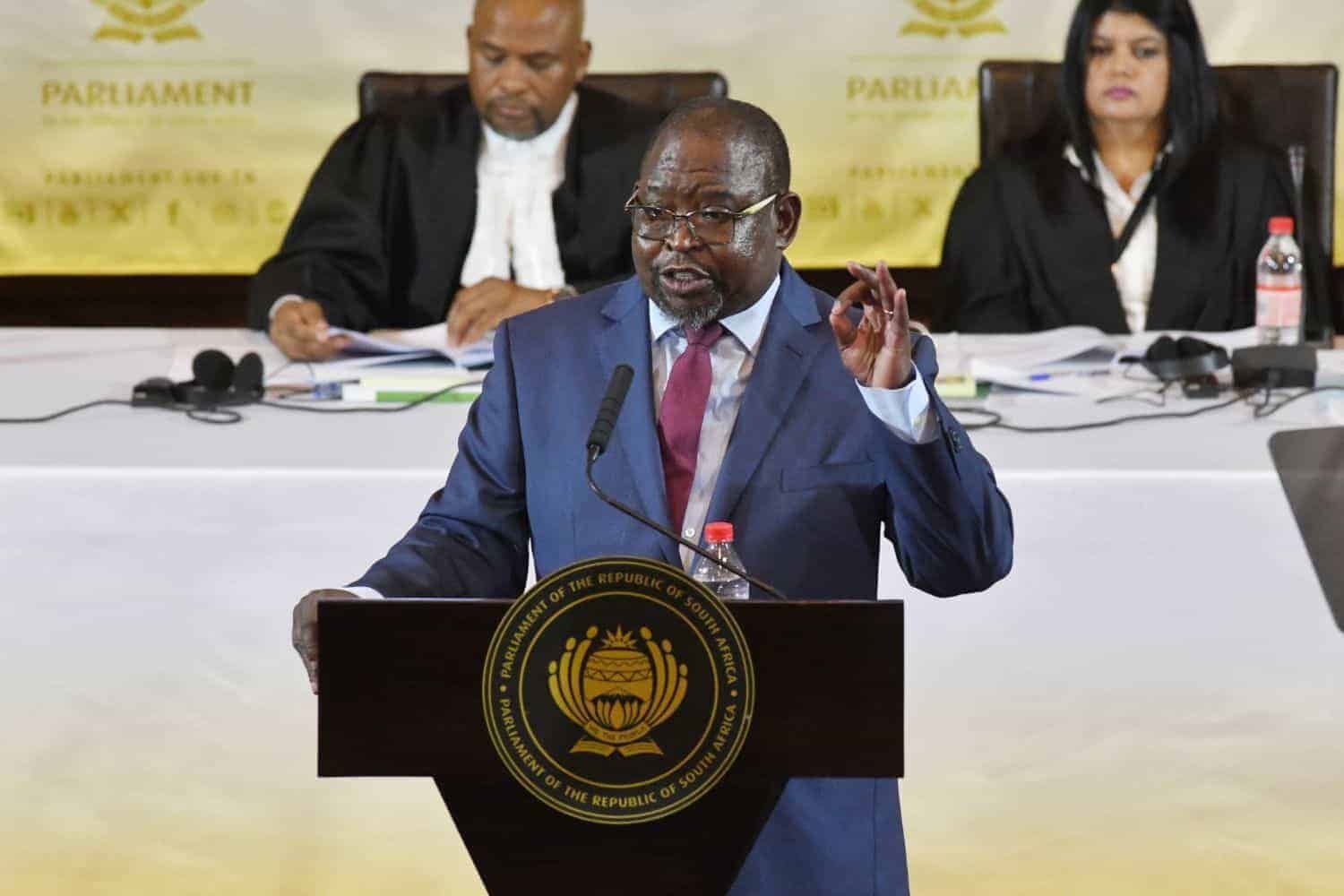The MTBPS will no doubt be more positive than the budget, but insufficient revenue and the public sector wage bill can be a problem.
There is a positive outlook for the Medium-Term Budget Policy Statement (MTBPS) that minister of finance, Enoch Godongwana will deliver on 30 October, but the public sector wage bill remains the elephant in the room that can scupper the positivity.
Maarten Ackerman, chief economist at Citadel, predicts that Godongwana will have some welcome good news about economic growth for South Africa thanks to improved political and energy stability, but he warns that over-spending on the public sector wage bill is still a problem for the local economy.
“Compared to the February budget, I think that there is room for higher growth estimates, thanks to improved political stability following the formation of the new government of national unity (GNU). There was also greater electricity production and less load shedding and the recent interest rate cuts, which should bring some consumer relief. We are also happy to see some investment spending to address the country’s infrastructure issues.”
ALSO READ: Good news about economy, but policy uncertainty in gas and petroleum – BLSA
More business-focused GNU stimulated more economic growth?
He says another factor that could have stimulated more economic growth since the election is the emergence of a “more business-focused GNU. “As a result of that the government is now in a position not only to focus on the populist checklist but to stick to fiscal austerity and get growth on track and the economy going”.
Ackerman and his team foresee economic growth increasing to 1.5% over the next year, compared to gross domestic product (GDP) growth of 1.9% in 2022 which decelerated to 0.6% in 2023, due to ongoing electricity shortages, transport sector woes and lower international earnings on gold and platinum group metals.
“If the economy strengthens, it implies that tax revenue can also increase. However, you must consider that in the year to date, revenue collection came under pressure and the South African Revenue Service (Sars) did not collect as much as Treasury budgeted for in February. Lower revenue is one piece of potential negative news we can expect to come out of the medium-term budget.”
ALSO READ: Improved GDP numbers did not shoot the lights out – economists
He says the R100 billion worth of gold and foreign exchange reserves that came into the South African monetary system after the monetisation of the Gold and Foreign Exchange Contingency Reserve Account (GFECRA) in February, took away some of Treasury’s funding pressures, but this windfall will not last much longer.
“Once this injection dries up, we will have to rein in once again on the expense side, particularly in terms of cuts in government spending on items such as the public sector wage bill.”
Ackerman says a stronger rand reduces the GFECRA account and government’s ability to keep on tapping into that account. “If we look at the limited boost that we can get from GFECRA and other factors, the elephant in the room is still the wage bill, which is always a significant part of the budget.”
ALSO READ: Civil servants took home billions in extra pay over the last five years
Public sector wage bill and 12% increase demand
The fact that public servants recently asked for a 12% pay increase, which government countered with a 3% offer, is not good news. Ackerman says it is one of the crucial factors that Godongwana must tackle in the budget going forward if we are to consider if the country wants to get any rating upgrade from any of the rating agencies.
“The bottom line is if our new government of national unity can deliver higher economic growth that will result in higher revenue collection, it will be a great start in terms of changing the income mix of government.
“If we can also keep the wage bill intact and minimise wasteful spending while achieving more balanced spending between what is important for business compared to the populist agenda, we can start making slow progress towards a more sustainable deficit and debt dynamics going forward.”
